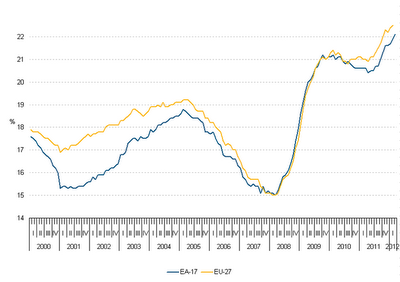A worse crime?

Yesterday, 32 children were among 90 people killed in Houla, Syria. The international community has united in its condemnation of the people responsible for this atrocity. Predictably, the Syrian government denies any responsibility and blames "terrorists": while the opposition Free Syrian Army, equally predictably, claims it was done by government forces. Reports from the area are inconclusive, though there seems to be a prevalent belief that this was the work of a brutal and terrified government. Whenever children and the elderly are murdered in large numbers, particularly for political motives, there is always an international outcry. I certainly don't defend such behaviour, whether perpetrated by government forces or opposition. But I could ask in what way the death of a child or an old person is worse than the death of a mother or father, whose children are left without anyone to care for them. I could ask in what way death is worse than survival, maimed and unabl...
